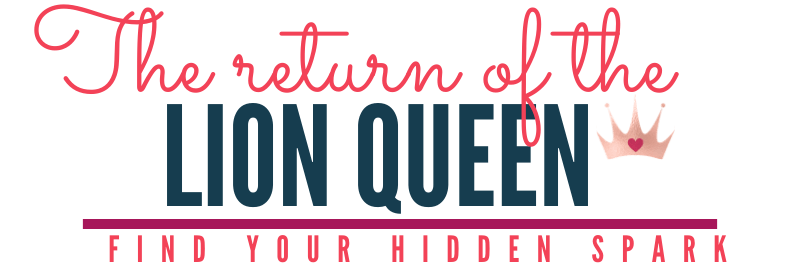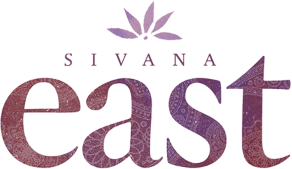‘There are a couple of things we can do when we feel obsessed with ‘helping’ others so that we can actually start to say NO to them, and YES to ourselves.’~
Lana Goes
Gosh! How many times will it take me to learn?
I mutter under my breath because once again, I struggled to say NO.
I have always been a person who loves to help others and often, I go out of my way to do it. This time I was helping a friend drop her daughter to school every day when it was inconvenient for me. My kids used to squish in the car to accommodate my friend’s daughter, and the whole drama left me drained by the time I reached work.
I tried giving her subtle hints that this was not working for me, but I guess they were not clear enough. I did not know how to tell her that without offending her. She used to take things very personally, and I knew this would not turn well.
Say No to Others to Honor Yourself
‘When you are saying Yes to others, make sure you don’t say No to yourself’- Paulo Coelho.
But when things went terrible the damn burst and it turned ugly. We stopped talking. It turned nightmarish because our kids were in the same class and it affected them as well.
This time I realized I couldn’t go on like that. I had to find a better way to be ‘ assertive ‘ because I was distraught that my kids were dragged into it. I was hell-bent on solving this issue once and for all.
As I introspected the matter, I realized that in situations like this, I do have a choice in the matter. I can choose not to help. So, I thought of exercising that if it was the last thing I had to do. But this was harder than I imagined it to be because I soon realized that overextending was my reflex action in many situations.
Determined to get to the bottom of this, I went on this journey of self-discovery, and that’s where I came across an interesting piece of Psychology, called the Karpman’s Drama Triangle. Dr. Stephen Karpman, an MD, who coined the Karpman drama triangle, describes this role of the over helper as the ‘Rescuer’.
The Rescuer is like the knight in shining armour who gallops on the white horse waiting to save the day. In society, we glorify this role, and we all want to be a version of the ‘Knight’ and expect to be honored and revered for it.
Of course, when we don’t get the honor, reverence, or respect, we sulk because nobody appreciates our efforts! While there is nothing wrong with helping others, we must not cross the fine line, which borders on Obsessive helping. It is detrimental to self and others.
The Rescuer feels obligated to rescue and feels as though the world would fall apart without their rescue mission. The underlying truth beneath that lie is a belief that their needs are not essential and to disguise their unmet needs, they focus on the needs of others and ignore/ deny their problems.
According to Karpman, rescuers do injustice to themselves on two fronts. First, by ignoring their issues, and second, to feel some sense of worth, they do the other person’s work for them, in turn, rendering the other person feeling incapable of solving their problem.
The other who secretly does not like feeling incapable then persecutes the Rescuers. The Rescuer then becomes the martyr who feels used and goes into the Victim Zone.
To armour ourselves against this defence mechanism that harms us, I have found that there are a couple of things we can do when we feel obsessed with ‘helping’ others so that we can actually start to say NO to them, and YES to ourselves.
Say NO: How to Let Go of the Need to ‘Help’ Others
1. Introspection.
Instead of rushing to help someone in need, we can introspect on the following:
- Have we been asked for help directly? We cannot count subtle cues here.
- Did someone use a magic wand to sort out our issue, or did we have to take responsibility for ourselves?
- Did our vulnerable situation help us to grow wiser? Most of them do. Can we give the other that opportunity?
- What would we have liked when we were in a situation like that? Maybe a helping hand or a listening ear. Be just that to the person- without being overly involved in the case.
2. Limit Your Help.
Instead of rushing to help and taking over, there are other ways of assisting without overextending yourself
- By hearing the person out.
- Asking the person questions allows them to see the possibility of positive action.
- By asking questions so that the person knows what they want and don’t want.
2. Take Responsibility for Yourself.
Since this is a defence mechanism, it is essential to take responsibility for yourself by:
- Understanding what our feelings, needs, and wants are and take responsibility for them.
- Be aware if are you comfortable doing what the person has asked for or do you feel obligated to help.
- Be honest to yourself about your reason for wanting to over help. What underlying need serves you?
- Be assertive in Saying’ No if you do not want to do a specific action.
- Remember that everything and everyone is not your responsibility.
- What other things can you do to enrich yourself instead?
Like every other defence mechanism, BEING OVER HELPFUL also limits our growth.
So say NO and stop fooling yourself that you are doing it for others because although part of it comes from the right place, another part has toxic elements. When you find yourself in the grips of this energy, doing the things you love or that enrich you help break the hold it has on you.
In such situations, I read or write. It gives me perspective, keeps me grounded, helps draw boundaries. I am then able to help others enough so that it does negatively impact me nor be hurtful to them.
So, the next time you catch yourself getting on a white horse to rescue someone, take the time to pause before say no or yes, and reflect on your decision.
This article was originally published in Purpose Fairy






Leave a Reply